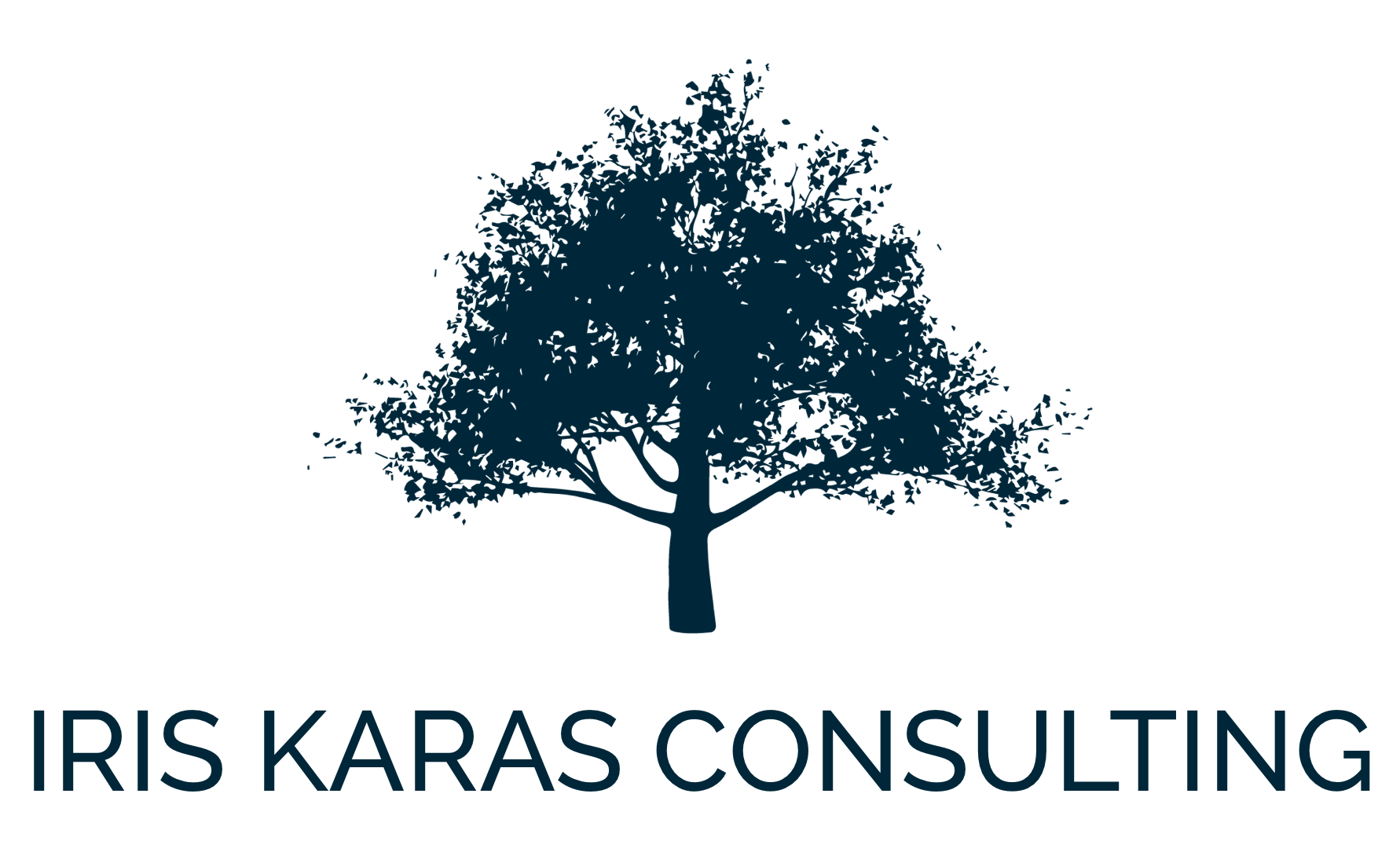Why Is It So Hard for Kids to Ask for Help?
L, like many students I see, answered her dad’s question with an eye-roll, and this much clarity: “Because, dad, it’s just not gonna happen, I’m just not.” Her dad was struggling to understand why L was unwilling to seek help from her chemistry teacher in the very subject that caused her so much distress. “I just don’t get it,” he thinks. And from my experience in consulting with kids and parents, I can say he’s not alone.
What makes asking for help so hard for some kids? The fact is, asking for help comprises a remarkably complex set of skills. First we have to recognize exactly what it is we’re not understanding, then we have to avoid embarrassment and find a “safe” person or way to assist. Then we have to commit to working hard to receive and make use of that help. Do we teach those skills to our kids? Do we teach teachers how to recognize when students struggle with this issue? Negative for both, as you probably guessed. Yet we sort-of kind-of think we do both. We take it for granted that asking for help or recognizing when a student needs it is a natural thing. Actually, it isn’t so natural to a great deal of students—or to teachers and parents for that matter.
Why is that? One of the most common reasons, especially among middle school and high school students, is the embarrassment in appearing different, or worse, dumb—calling attention to themselves in the context of not knowing something/anything. Students may also feel and fear that if something gets further explained, they’ll get further confused. So, they rationalize, why bother? The oft-repeated adage of teachers to “Go ahead and ask questions because if it’s confusing to you, chances are it’s also confusing to someone else” thus generally falls on deaf ears. Make no mistake about it: asking for help is a both a social and academic issue.
In addition, for middle and high school students in particular, social importance is generally going to trump academic. Again, who wants to ask for help and risk looking foolish in front of their peers. Instead, in that moment of confusion, they’ll often reason, “I’ll figure it out on my own.” The problem is they may not know exactly how to go about doing that. What parents see is the result of that confusion/anxiety/fear-—when their kids “forget” to do their homework or pass in that worksheet or suddenly remember about a big assignment at the zero hour.
Other common reasons for not asking for help include simply not knowing how to ask for it; not being clear enough on what they don’t understand in order to pose the question; being afraid to ask or afraid they’ll get more confused; fear of appearing weak; or fear of being labeled as a whiner or complainer.
To be fair, who among us adults hasn’t grappled with these concerns when we have had to ask for help from a colleague, supervisor, friend, relative, or neighbor? Dare I mention the gender-skewed difficulty in ‘asking for directions’? Who among us hasn’t wondered about the cost for that help received? Even as adults, we let pride get in the way.
So what happens when we want to avoid any or all of these complex social concerns? We avoid asking for help. We avoid the potential of embarrassment and labeling. So too with kids. When they can’t figure it out on their own, they feel embarrassed, powerless, anxious and defeated. They are also convinced it only happens to them.
The first thing for parents to get across to their kids is trusting their need for help, and that not knowing precisely where it will come from is perfectly okay. The students I see seem relieved when they can finally say to someone, “I don’t get that part.” Or, “I don’t get any of it.” From there, we can move in a number of different directions to address that confusion.
Next, if asking a teacher for help does not seem like the safest choice, and it may not be, then accept this reality and guide your child to consider where help might be available— tutors, for example, often represent a safe option for many students. Guidance counselors, teachers and department chairs can also be sources for academic peer tutors. Depending on the subject, there are free online resources, such as Khan Academy, that can be quite helpful. In this search, it may be valuable to distinguish whether your child’s issues are subject-specific or related more to study skills in general.
Ultimately, the most important practice to cultivate in students is actually recognizing when we need help, setting aside our fears and pride, and finding our confident voice to get it-—in whatever setting and with whomever it feels safest. Completing an assignment or scoring on a test is certainly the immediate goal, but finding one’s voice to search out help for what is not understood is empowering, a life skill that will take us far beyond the assignment at hand.
